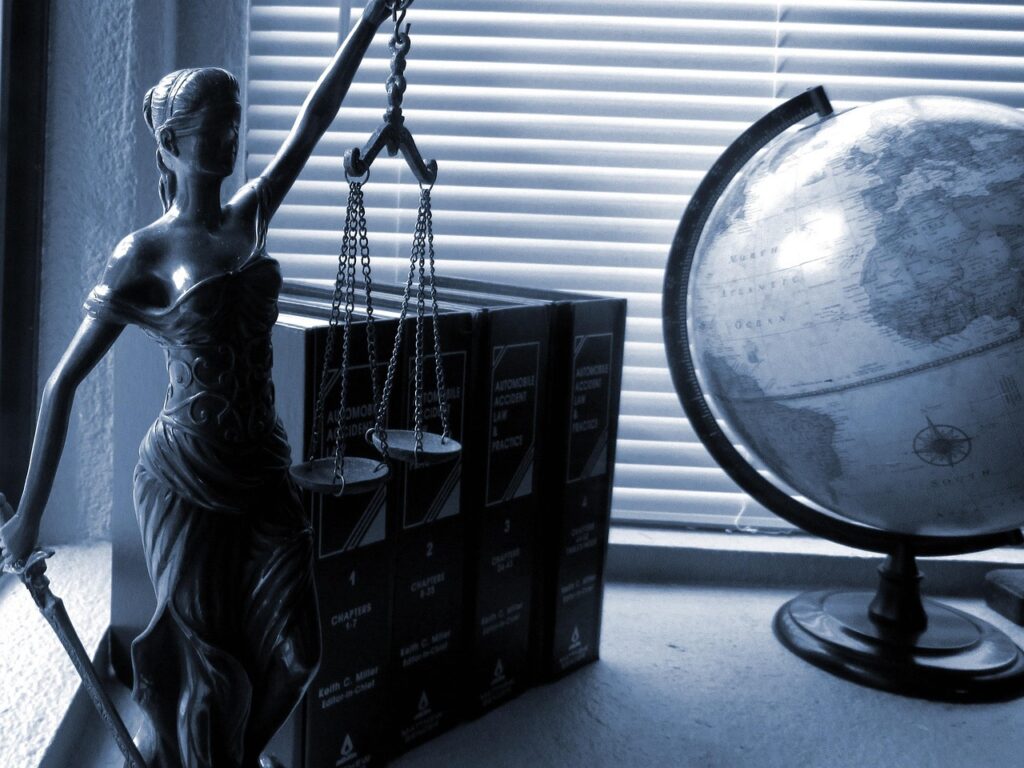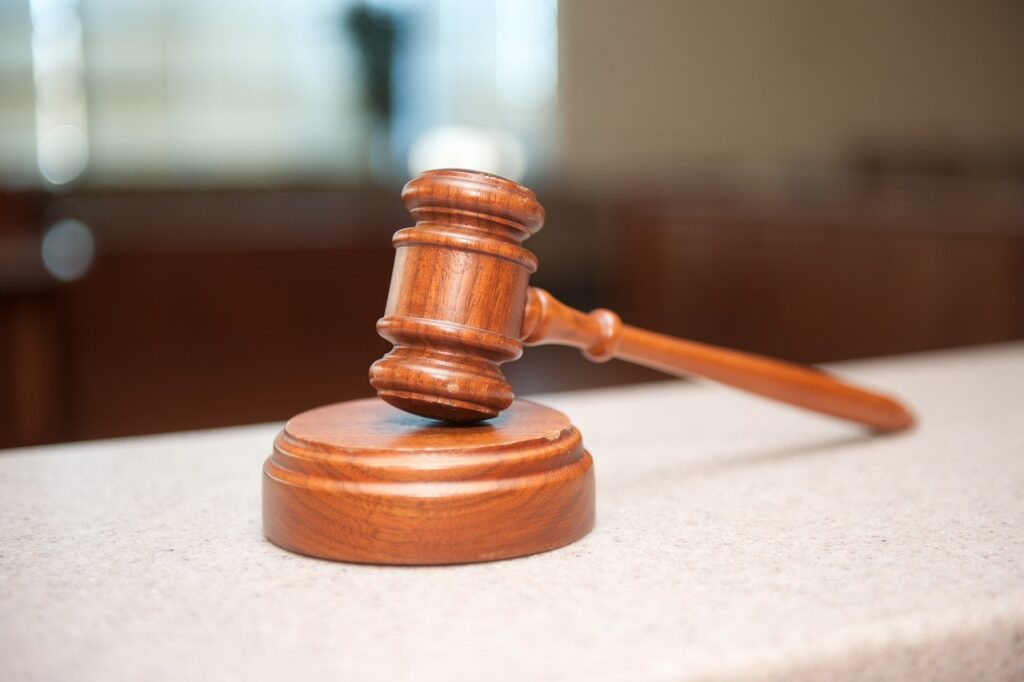Published on 16th January 2025
Authored By: Banshika Gupta
DAVV University, Indore (M.P.)
Abstract
“The right to free speech cannot mean that a person can defame another with impunity. The law of defamation strikes a balance between the right to free speech and the right to reputation.”[1]
– Justice A.K. Sikri
In India, the law of defamation exists at the crossroads of two fundamental rights: the right to preserve and protect one’s reputation, and the right to freedom of speech and expression. While the right to free speech is a cornerstone of democratic society, it is not without its boundaries, particularly when it comes into conflict with an individual’s or entity’s right to preserve their good name and dignity[2].
This article delves into the complex relationship between free speech and the right to reputation, exploring how Indian courts have attempted to strike a balance between these competing interests. It reviews the evolving legal landscape surrounding defamation in India, including landmark judgments and legislative amendments.
Furthermore, the article emphasizes the importance of vigilance and sensitivity in the application of defamation laws. While these laws are meant to provide redress for harm to reputation, they must not become a tool for censorship or intimidation. The article argues that there is an urgent need to raise awareness and foster a deeper understanding of the ethical implications of defamation suits. Public discourse can thrive only when legal protections for free speech are robust and balanced, without allowing the law to be weaponized for ulterior motives.
An Overview of Defamation Laws in India
Defamation laws in India have evolved over time, shaped by a delicate balancing act between these two vital rights. However, despite their intended purpose to safeguard reputation, there have been numerous instances where these laws have been misused, often for political motives, to silence critics, or to suppress dissenting voices.
One of the recent cases of alleged misuse of defamation laws for political advantage is the case against Rahul Gandhi, the former President of the Indian National Congress party. In 2023, A BJP member sued Rahul Gandhi for allegedly making defamatory statements against him during a public rally, which were related to corruption accusations. This case sparked controversy, with many arguing that it was not merely protecting an individual’s reputation but an attempt to silence the political opposition and curb freedom of speech. The case was a classic example of political vendetta and is not an isolated incident, and there have been several instances where defamation laws have been used as a tool to silence critics, political opponents and activists[3].
Defamation in India is regulated by both civil and criminal laws, designed to safeguard an individual’s reputation while balancing freedom of speech and expression. Section 356 BNS[4] defined defamation as- Whoever, by words either spoken or intended to be read, or by signs or by visible representations, makes or publishes in any manner, any imputation concerning any person intending to harm, or knowing or having reason to believe that such imputation will harm, the reputation of such person, is said, except in the cases hereinafter excepted, to defame that person .Additionally, this section outlines certain exceptions where the alleged imputation does not constitute defamation and stipulates penalties, which may include simple imprisonment for a term of up to two years, or fine, or both[5].
The BNS provision on defamation has been criticized for potentially stifling free speech, primarily due to the provision of imprisonment. Despite challenges, the courts have consistently ruled in favor of the constitutionality of these provisions, as it seeks to achieve a legitimate aim of safeguarding individuals from reputational harm. Apart from criminal defamation, civil defamation laws offer additional avenues for redress. The Code of Civil Procedure and Law of Torts provides for remedies in civil defamation, allowing the aggrieved party to seek compensation for monetary damages to their reputation.
Justice Dipak Misra in Subramanian Swamy v. Union of India (2016)[6] said that –“The right to freedom of speech and expression is not absolute but is subject to reasonable restrictions, which includes the right to reputation.” The Supreme Court upheld the constitutionality of criminal defamation, affirming that reputation is covered within the right to life and personal liberty under Article 21[7] of the Constitution. The judgment stressed that no right, including the right to free speech, is without limits, and it is important to reconcile conflicting rights and interests in a democratic society when needed.
Freedom of Speech and Expression and its Boundaries
The right to free speech and expression is a cornerstone of democracy, facilitating the exchange of ideas, sharing of information, and public discussion. Article 19(1)(a)[8] of the Indian Constitution safeguards this right, though Article 19(2)[9] permits reasonable restrictions, including defamation as one of the grounds for restriction.
The Indian judiciary has played a crucial role in interpreting the scope of restrictions on free speech. In the case S. Khushboo v. Kanniammal (2010)[10] the Supreme Court of India has clarified for the first time that not every statement, even if offensive, insulting and harassing, constitutes defamation. The Court emphasized that in democracy, public debate and free exchange of ideas can only thrive if there is tolerance for differing viewpoints. Judgementally, the Court aligned defamation with the core value of the right to free speech, aiming to minimize the misuse of defamation claims as a tool to stifle legitimate criticism and debate.
The Social Media and Internet: Emerging Frontiers in Defamation
The advent of the internet and social media platforms has profoundly altered the landscape of defamation, creating unique challenges for existing defamation laws, originally designed for a era without instant and global communication. Defamation on social media can be more damaging than traditional form of media due to the rapid speed and wide reach of online content, implying that reputations can be damaged at a catastrophic pace.
In Dolly Bindra v. State (2016), the Delhi High Court emphasized the need for special consideration of defamation on social media due to its ability to reach large audiences quickly and with little effort. While the Court acknowledged that social media provides a platform for free expression, it also stressed that these platforms should not become havens for irresponsible speech that harms reputations. Increasingly, courts have held social media platform operators accountable for defamatory content once they are made aware of its presence.
The Information Technology Act, 2000, and its intermediary guidelines offer a legal framework for addressing online defamation. This provides both courts and victims of defamation with the means to manage harmful online content. In Shreya Singhal v. Union of India (2015)[11], although the Supreme Court struck down Section 66A[12] of the IT Act, it reaffirmed the importance of balancing free speech with reputational rights, particularly in the online context. The Court emphasized the need to navigate the tension between digital freedom and the protection of reputations in the age of social media[13].
Media Trials: The Two Sides of the Coin
In India, media trials have become more prevalent, particularly in high-profile cases that generate significant public attention. While the freedom of the press is a fundamental pillar of democracy—intended to inform the public and hold those in power accountable—media coverage in such cases can often bring to light important issues that may have been overlooked by the justice system, fostering societal awareness and debate. However, this power can also have unintended consequences. When the media shifts from objective reporting to sensationalism or biased narratives, it can undermine the fairness of trials, creating a prejudiced atmosphere that influences public opinion and, inadvertently, the judiciary.
In a democratic society, both the right to a good reputation and the right to freedom of speech are highly valued. However, When these two core rights intersect in conflict, striking an equilibrium is necessary. Defamation laws in India have been enacted to protect individuals’ reputations while also upholding the freedom of speech—an essential democratic right. Still, the changing nature of media coverage, particularly in sensationalized stories, has raised important questions about where to draw the line between responsible reporting and the potential harm caused by biased or exaggerated narratives.
Straddling the Line: Reporting vs. Defamation
Media organizations bear the crucial responsibility of informing the public and upholding transparency in a democratic society. The drive to be the first to report, spurred by competition and ratings, can sometimes result in unforeseen or careless harm to individuals’ reputations. As media outlets navigate this delicate balance, the line between responsible reporting and defamation can easily become blurred.
Conclusion
In conclusion, striking a balance between safeguarding individuals’ reputations and upholding the right to free speech is crucial in India. While defamation laws serve to protect individuals from false and damaging statements, they must be applied with care to avoid encroaching on the fundamental right to freedom of expression. Media trials can exacerbate this issue by undermining due process, influencing public judgment, and causing reputational harm unjustly. For a society that values both justice and freedom, it’s essential to strike a careful balance. It requires not only robust legal protections but also a responsible media and an informed public to ensure fairness and equity.
References
[1] Subramaniam Swamy v. Union of India, (2016) 7 SCC 221.
[2] Defamation And Freedom Of Speech And Expression, https://www.legalserviceindia.com/legal/article-13795-defamation-and-freedom-of-speech-and-expression.html.
[3] https://ijlr.iledu.in/wp-content/uploads/2023/04/PV1I19.pdf.
[4] The Bharatiya Nyaya Sanhita, 2023 (Act 45 of 2023), s.356.
[5] https://www.legalsoch.com/post/defamation-balancing-freedom-of-speech-and-protection-of-reputation-in-the-indian-context.
[6] Supra 1.
[7] The Constitution of India, art. 21.
[8] The Constitution of India, art. 19(1)(a).
[9] The Constitution of India, art. 19(2).
[10] S. Khushboo v. Kanniammal, AIR 2010 SC 3196: 2010 (5) SCC 600.
[11] Shreya Singhal v. Union of India, AIR 2015 SC 1523.
[12] The Information Technology Act, 2000 (Act 21 of 2000), s.66A.
[13] Sharad Nagpal, Balancing Reputation and Free Speech: Defamation Laws and Media Trials in India, (Sept. 15, 2024), https://www.advocatesharad.com/post/balancing-reputation-and-free-speech-defamation-laws-and-media-trials-in-india.


